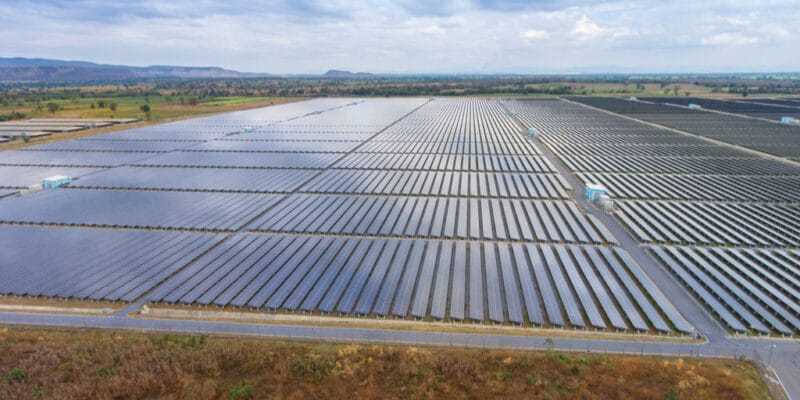The Nigerian company Sunnyfred Global has signed an agreement with the Singaporean company B&S Power Holding PTE for the financing and construction of a photovoltaic solar power plant in Ashama, Delta State. With an expected capacity of 200 MWp, it will become the largest solar power plant in West Africa.
A major solar project is being prepared in Nigeria. It will produce 200 MWp within the framework of a public-private partnership (PPP). The solar power plant will be built by the Nigerian company Sunnyfred Global and B&S Power Holding PTE. The two partners recently signed an agreement for the implementation of this project in Delta State in southern Nigeria.
The two companies plan to present this clean energy project to the press on 25 February 2021. The media exchange and presentation of the project roadmap will be chaired by Professor Abubakar Sani Sambo, Vice-Chancellor of Usmanu Danfodiyo University in Sokoto, Chairman of the Ministerial Technical and Policy Advisory Committee on Environment in Nigeria and former Director General of the Energy Commission of Nigeria.
But some details have already leaked out about the project. The solar photovoltaic plant will be located in the village of Ashama, in the locality of Aniocha. The installation will occupy 304 hectares of land. The commissioning of this photovoltaic solar power plant will not only increase Nigeria’s installed capacity, but will also diversify its electricity mix. Despite being the leading economy on the African continent in terms of GDP (443 billion dollars in 2020), the West African country’s installed electrical capacity is only 12,522 MWp.
Its electricity mix is very little diversified, with 10,142 MW produced from thermal power plants. The remaining 2 380 MW are supplied by hydroelectric installations. Access to electricity only concerns 45% of Nigerians who have to use generators on a daily basis. In rural areas, only 36% of the population has access to electricity. The federal government hopes to improve the situation, notably through the Nigeria Electrification Project (NEP). Within the framework of this project financed by the World Bank and the African Development Bank (AfDB), the government, through the Rural Electrification Agency (REA), is now banking on solar off-grid.
Jean Marie Takouleu






